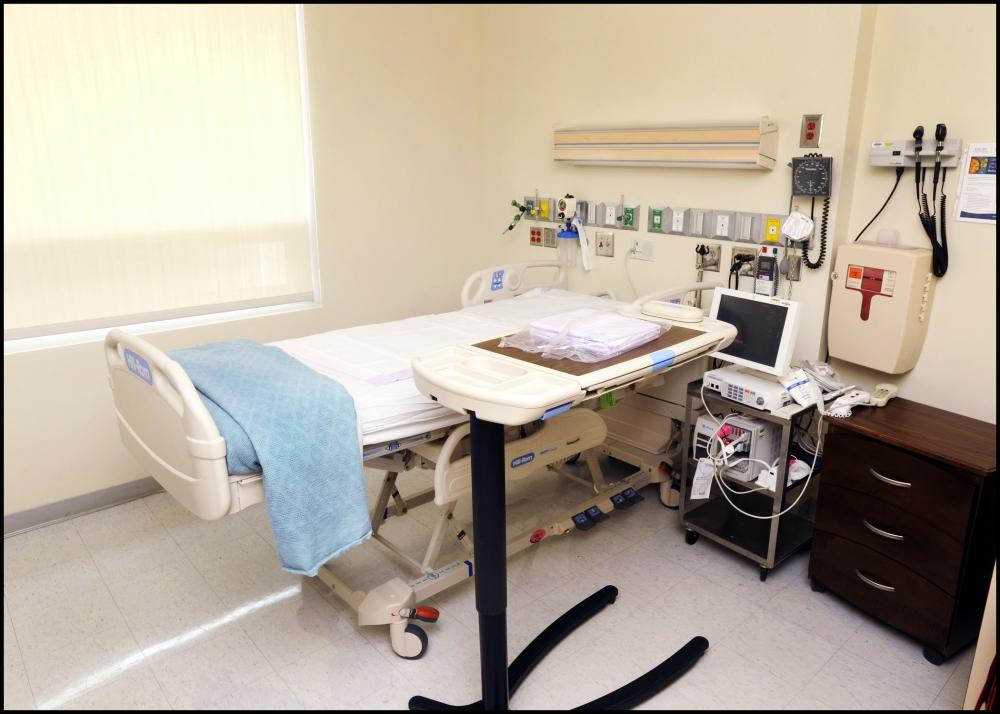
Section Branding
Header Content
Emory Hospital Prepares To Receive Two Ebola Patients
Primary Content

Emory Hospital officials say Americans shouldn’t be afraid that the two healthcare workers with Ebola coming to Atlanta for treatment will cause an outbreak of the disease.
That’s despite the fact that officials believe the two workers who will be treated at a special containment unit at Emory Atlanta’s campus will be the first Ebola patients entering the U.S.
Speaking to reporters Friday afternoon, Dr. Bruce Ribner, a professor in the Infectious Disease Division at Emory, said the hospital is prepared for these patients.
“We don’t believe there is any likelihood at all that there will be secondary cases as a result of these patients coming to the U.S. for their medical care," he said.
Emory has a special containment unit where the patients will be treated in isolation.
And Ribner told reporters that people cannot contract Ebola through casual contact.
"Ebola is not spread by some magic mechanism. If you want to think of analogous organism or virus, you can think about HIV, hepatitis B, hepatitis C. All of these viral pathogens are spread through close contact, body fluids and blood,” said Ribner, who oversees the containment unit.
Dr. Ribner said the two aid workers are believed to be the first Ebola patients, not only at Emory, but in the U.S. The first of the two patients will arrive in the next few days.
The workers contracted the disease while working for a nongovernment health organization in West Africa.
The special isolation unit at Emory was built in collaboration with the Centers for Disease Control and Prevention. The unit is physically separate from other areas and hospital officials. Officials at both Emory and CDC said the isolation unit is the extent of the CDC’s involvement in the transport and treatment of the two Ebola patients.
Emory officials strove to convey that disaster medicine is one of the hospital’s unique specialties.
“Over the years we’ve developed these competencies and we feel confident we can do this job well,” said Dr. Alex Isakov, executive director of Emory’s Office of Critical Event, Preparedness and Response.
But the situation is fluid. When Dr. Isakov began speaking, he said, “We are looking very much forward to assisting this individual,” only to be told that Emory would be receiving not one but two Ebola patients.
Dr. Ribner interrupted him to say he’d only been informed 20 minutes before the news conference that both patients would be coming to Emory.
And the Ebola outbreak is worsening, according to global health officials. The outbreak is moving faster than health professionals can contain it, according to the World Health Organization.
Dr. Ribner declined to specify how many Ebola victims Emory could accommodate.
